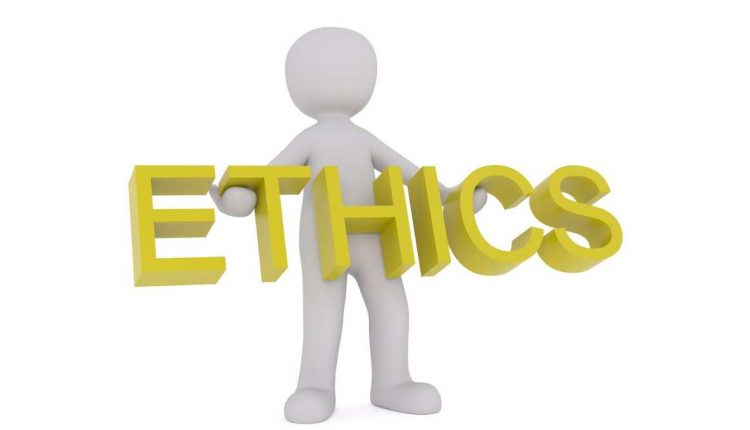PR ethics
The Vital Role of PR Ethics in Public Relations: Safeguarding the Fabric of Society
The role of public relations in the media landscape is undeniably powerful, capable of shaping opinions and influencing decisions. However, this power must be wielded responsibly. PR ethics are the bedrock upon which the profession must stand to ensure the betterment of society. By adhering to these ethical principles, PR professionals can contribute to a media environment characterized by accuracy, integrity, and trustworthiness.
PR professionals are tasked with shaping and managing the public image of organizations, individuals, and even governments. However, this power comes with a great responsibility – the responsibility to uphold PR ethics. Without a foundation of ethical principles, the PR profession can become a dangerous tool that undermines the fabric of society.
1. The Essence of PR Ethics
At its core, PR ethics encompass a set of moral principles and guidelines that guide the actions and decisions of PR professionals. These principles are grounded in transparency, honesty, integrity, and respect for all stakeholders involved. PR ethics are not just a set of rules; they are a commitment to building and maintaining trust between organizations and the public. Key aspects of PR ethics include:
- Honesty and Truthfulness: PR professionals are tasked with presenting accurate information to the public. Falsifying or manipulating information erodes trust and damages credibility.
- Transparency: Openness about intentions, affiliations, and potential conflicts of interest is crucial. Concealing information or intentions can lead to skepticism and cynicism among the audience.
- Respect for Diversity: PR campaigns should be sensitive to cultural, social, and individual differences. Ethics dictate that PR efforts should not perpetuate stereotypes or promote discrimination.
2. The Erosion of PR Ethics
In recent times, there has been growing concern about the erosion of PR ethics within the mainstream media, particularly on news websites. This erosion can be attributed to several factors:
- Clickbait Culture: The race for online engagement and advertising revenue has led to sensationalized headlines and exaggerated stories. This shift towards sensationalism often sacrifices accuracy and objectivity.
- Pressure for Speed: The 24/7 news cycle demands rapid reporting. In the haste to break news first, verification processes can be compromised, leading to the dissemination of inaccurate information.
- Conflicts of Interest: As media organizations face financial challenges, there’s a risk of compromising editorial independence due to financial dependencies on specific organizations or individuals.
3. The Perils of Unethical PR
The erosion of PR ethics poses serious risks to society:
- Misinformation: Unethical PR practices can contribute to the spread of misinformation, damaging the public’s ability to make informed decisions.
- Erosion of Trust: When PR professionals engage in deceptive practices, public trust in both the organization and the media itself is eroded.
- Polarization: Manipulative PR campaigns that play on emotions can deepen societal divisions and polarize public opinion.
4. The Imperative for Ethical PR
It is paramount for PR professionals to recommit to ethical standards:
- Preserving Credibility: Upholding ethical principles ensures that the information presented to the public is credible and reliable, reinforcing the role of media as a trustworthy source.
- Fostering Public Trust: Ethical PR practices build and maintain trust between organizations and the public, fostering a healthier relationship between them.
- Long-Term Success: Organizations that prioritize ethical PR are more likely to enjoy sustained success, as their reputation is based on truth and transparency.
- Social Responsibility: PR professionals have a responsibility towards society. Ethical practices contribute to a more informed, engaged, and cohesive public.
5. The Path Forward
To restore and strengthen PR ethics in the realm of mainstream media, concerted efforts are needed:
- Education and Training: PR professionals should receive comprehensive training in ethical principles, emphasizing their importance in shaping public perception.
- Accountability: Media organizations should establish mechanisms to hold PR professionals accountable for unethical behavior.
- Peer Regulation: PR industry associations can play a pivotal role in setting and upholding ethical standards.

